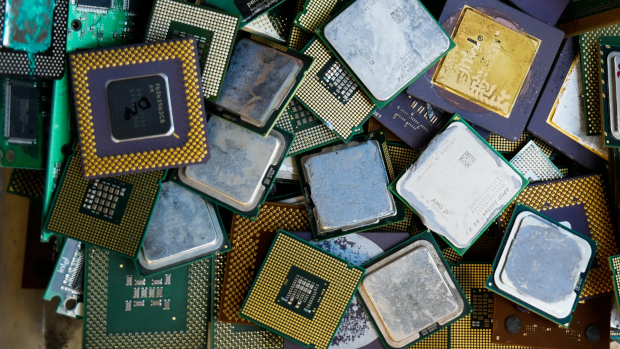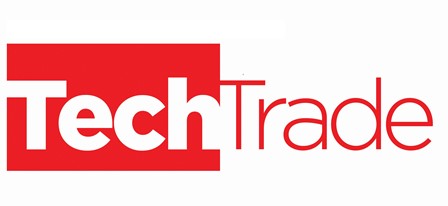
Chip shortage creating a time of plenty
“Glut and shortage, Shortage and glut, We’d all love to end them but, This I tell you brother, You can’t have one without the other.” (With apologies to Sammy Cahn for appropriating Love And Marriage.)
In all my years of observing the IT industry it is a truth universally acknowledged that a shortage of a particular component is inevitably followed by a glut. The reasons are obvious. Vendors get caught short by demand for something. They ramp up production of that something. Production meets demand. Production exceeds demand. A glut occurs. Rinse and repeat.
Right now, we’re experiencing a global shortage of chips. The pandemic led to an unpredicted surge in demand for PCs and laptops to accommodate people working from home just at the moment when many semiconductor manufacturers had to suspend production because of Covid-19. Now that they are back online, they are struggling to cope with the backlog and continued demand. It takes time for manufacturers to increase capacity and new plants are expensive.
The other issue is that chips are used in far more products today than in the past. It’s not just computers, it’s smartphones, cars, door bells, microwaves, fridges, to name just a few.
A shortage of semiconductors has a knock-on effect on the availability of the products that rely on them to work. This presents buyers with the options of waiting longer for a new product, buying an alternative, holding on to what they’ve got or purchasing a refurbished model.
The most sensible option would be to hold on to their existing equipment or buy a refurbished alternative because both remove any pressure on the supply chain at a time when demand is outstripping production. Equally important is the clear environmental benefit in those approaches.
Products reliant on semiconductors carry an environmental cost in their manufacture, transportation and use. Reducing that production, even if it’s only because of a shortage of components, decreases that environmental cost. If the delay persuaded people to buy secondhand or refurbished equipment, it would have an even greater environmental benefit because older devices have a much reduced carbon footprint compared to new ones.
In some respects, the pandemic provided manufacturers and purchasers with the opportunity to pause and reset. Unfortunately, they haven’t really taken it.
Imagine if, for instance, more people had been encouraged to buy secondhand or refurbished devices. By reusing an older device, they would be delaying the need for a new machine for at least one or two years. During that interlude, semiconductor makers and the companies that manufacture PCs, notebooks, smartphones and other devices could have taken a step back and concentrated on reducing the environmental cost of their manufacturing processes and the usage of their devices.
Instead of scrabbling to fulfil short-term demand, they could have adopted a longer term view and opted to use the semiconductor shortage and Covid-19 as an incentive to skip the next scheduled release of products and accelerate improvements to the environmental cost of their production processes.
The consensus might be it’s not feasible to do that but if vendors had pursued that course of action, the new products they released in the future would be more environmentally friendly. They would also have more technical enhancements compared to the incremental changes in devices if they had been released on schedule. Wouldn’t that make the wait more worthwhile?
A pause might also have provided a corrective to the cycle of glut and shortage that has plagued the industry for so long. Maybe we don’t need to have either of them after all.
Like what you see?

Ireland’s ONLY dedicated news feed for the distribution and retail channel.
Our editorial mix includes channel news, trend analysis, Deals Done, regular ‘Channel Chat’ interviews and strategic product focuses. This is a vital medium through which the technology channel can network and identify new business opportunities.
Want more?




Subscribers 0
Fans 0
Followers 0
Followers